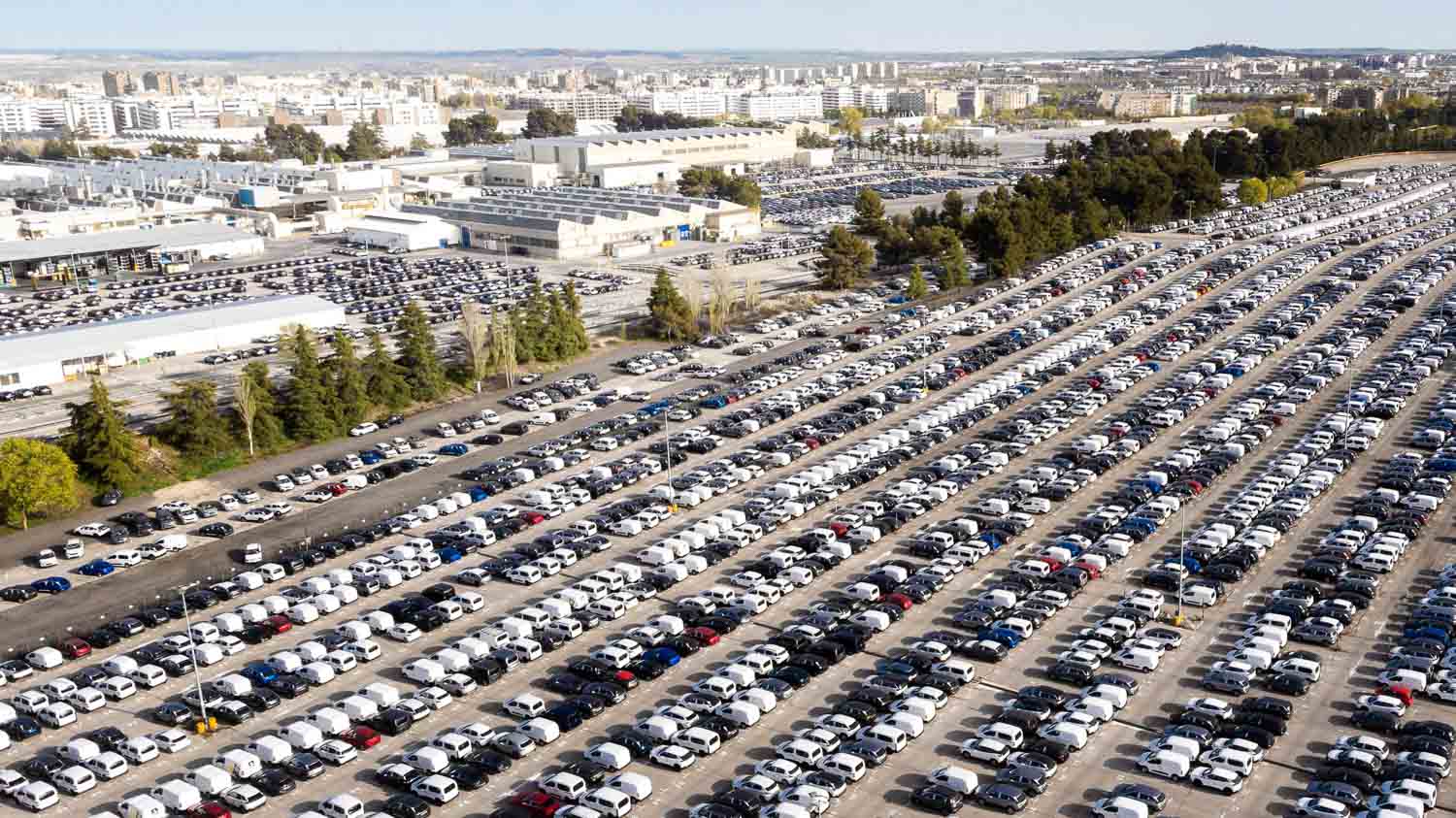Electric cars are expensive, electricity is expensive, it's not worth it.
Is it worth to invest in an electric car?
The topic has ecological, as well as the economic side. Is it worth investing in an electric car? And why get your own charging station?

Lately, you can feel a little bit of pressure for the electrification of vehicles. It is not only because of the ecological side; in recent months, the economic side has also been added to it. See which factors are currently worth investing in an electric car for and why your own charging station is worth it.
Classic car versus electric car - consumption versus price
An electric car does not have to be a more financially demanding matter at all. Neither about the drive, nor about the service, with which you have minimal worries.
If we compare the average consumption, the numbers say the following:
- benzínové / dieselové auto – 7 l / 100 km diesel/benzín
- electric car – 18 kWh / 100 km
The price looks like this:
- petrol / diesel car – 1.8 EUR / 100 km
- electric car – 0.18 to 0.26 EUR / 1 kW
At the same time, slow charging will cost you on average 0.39 EUR / 1 kW and fast charging 0.59 EUR / 1kW.
And what about the electricity itself and its price? When charging an electric car, it could work as follows:
- with 100,000 kilometers and fast charging, consumption of 18 kWh / 100 km and a tax of 0.59 EUR / kWh, the price of electricity will be 10,620 EUR,
- with 100,000 kilometers and slow public charging, tax 0.39 EUR / kWh, the price of electricity will be 7,020 EUR
- with 100,000 kilometers and self-charging (home charging station), tax 0.26 EUR / kWh, the price of electricity will be 3,240 to 4,680 EUR
Think about your own charger and bet on slow charging of electric cars. Save money by charging at home and not be limited by time either.
Let's also compare the price of gasoline and electricity for the same volume of kilometers (100,000):
- refueling with gasoline will cost you approx. 10,800 EUR when you reach this distance
- refueling with gasoline will cost you approx. 10,800 EUR when you reach this distance
A challenge for households and employers
Use the functions of the intelligent Energy Management System AgeVolt. Thanks to dynamic charging based on the current value of the circuit breaker, you can charge up to 15 cars on one 25 A connection of a family house. Did you know that it consumes on average only 5% of the electricity per year that could be extracted from such a circuit breaker? That's almost 30,000 kilometers that the owner can use to charge the electric car. Offer a private home Wallbox to your neighbors or other members of the public and you can profit from electromobility. If you make it available even just 2% of the time during the year, you can earn around 240 EUR
Electrify your fleet and still save money. For comparison, 10 AC charging stations will be enough for 20 cars, while it will cost you approx. 600 EUR per electric car (assembly) + 4,680 EUR (charging), which comes to 5,280 EUR. For gasoline / diesel cars, you would spend more than twice as much, namely 12,600 EUR (at an average consumption of 7 l/100 km).
Convenient and ecological charging
Through the AgeVolt system, the owner can set the charging purely from photovoltaics according to independently selected times. This is how you charge for free and ecologically. There is no need to worry about overloading the network and tripping the circuit breaker, AgeVolt takes care of this thanks to precise consumption monitoring.
A battery that lasts and is also recyclable
The battery for an electric car can currently last approximately 2000 charging cycles. On average, it needs to be charged every 350 kilometers. If we put it together, it means that one battery will live with you for about 700,000 kilometers. Thanks to the European Battery Innovation project from 2021, batteries can be recycled (more than 95 percent of their material). How? They can be used in the production of secondary battery modules in the energy sector, in less dynamic applications.
(Calculations made with average prices valid in the Slovak Republic as of November 2022)

